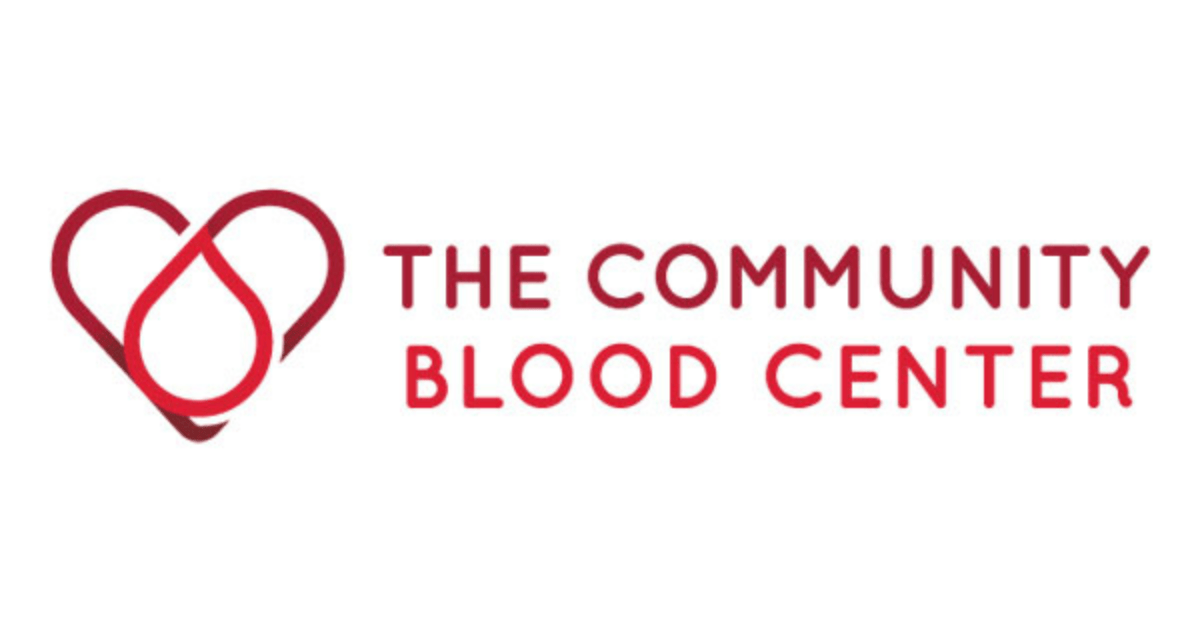Blood collected at the Southwest Side donor center will help meet the need for blood at local Chicago hospitals.
The Community Blood Center (CBC) is thrilled to announce the grand opening of its new, state-of-the-art donor center on the Southwest Side of Chicago. The donor center, located in the Beverly neighborhood at 9920 S. Western Ave., Chicago, marks CBC’s first permanent location in the city, and will help support the need for blood in Chicago. One in seven people entering a hospital will need blood—patients with chronic conditions like sickle cell disease and severe anemia, patients undergoing routine surgeries, cancer treatment, battling traumatic injuries, and more. When community members donate with CBC, they are helping to ensure the blood transfusion needs of patients in Chicago can be met. CBC provides blood to the University of Chicago Medicine Hyde Park and the University of Chicago Medicine Ingalls Memorial.
“The grand opening of our newest donor center in Chicago is a significant milestone for The Community Blood Center,” said John Hagins, President and Chief Executive Officer, The Community Blood Center. “When we first expanded our mission to Chicago in 2019, we knew, with the help of this community, we could help fulfill blood needs that may otherwise be unmet as the need for blood in Chicago is substantial. We’re excited to continue to grow in the city and save even more lives by providing convenient, regular blood donation opportunities at our donor center, in addition to the many blood drives we hold throughout Chicago.”
CBC has been providing blood to Chicago hospitals for several years now, striving for the best possible patient outcomes. One way this is done is by collecting blood in the communities CBC serves. CBC is grateful for the dedicated blood donors and blood drive sponsors who have helped accomplish this since 2020. While CBC will continue to work with these blood drive sponsors and grow new relationships with leaders, organizations, businesses, and communities, the donor center will provide a convenient and consistent opportunity to donate. This will also help as CBC strives to attract new donors and increase diversity. A diverse population like Chicago means a diverse group of blood donors is vital in helping as many patients as possible as blood type compatibility goes beyond just Type A, B, and O and ethnic background plays a key role.
“By collecting blood amongst all racial and ethnic groups, we help diversify the blood supply which means patients with rare blood types in need of blood transfusions are more likely to find the best matches possible,” said Samantha Speaks, Executive Director, Chicago Operations, The Community Blood Center. “We are proud to partner with lifesaving heroes in every community as they support their neighbors, and any unique blood transfusion needs that may arise.”
CBC’s Chicago location will also provide donors with a new experience as one of a select group of blood centers in the nation offering mixed reality while donating. In partnership with Abbott and Blood Centers of America (BCA), donors will be invited to immerse themselves into a mixed reality adventure during their blood donations, using a pair of Microsoft HoloLens2 mixed reality (MR) headsets. As finding blood donors continues to be a challenge, this experience creates a more fun and relaxing environment while giving blood, especially for those who may be apprehensive about donating or donating for the first time. A new study shows that the mixed reality experience helped ease feelings of anxiety in 68.4% of participating donors. The most common fears reported in the study were a fear of pain, needles, fainting, and how one may feel post-donation. The mixed-reality experience is designed to provide a relaxing diversion and attract younger donors with technology enhancement.
Community members are encouraged to schedule a donation at the CBC donor center in Chicago at communityblood.org or by calling (800) 280-4102.






